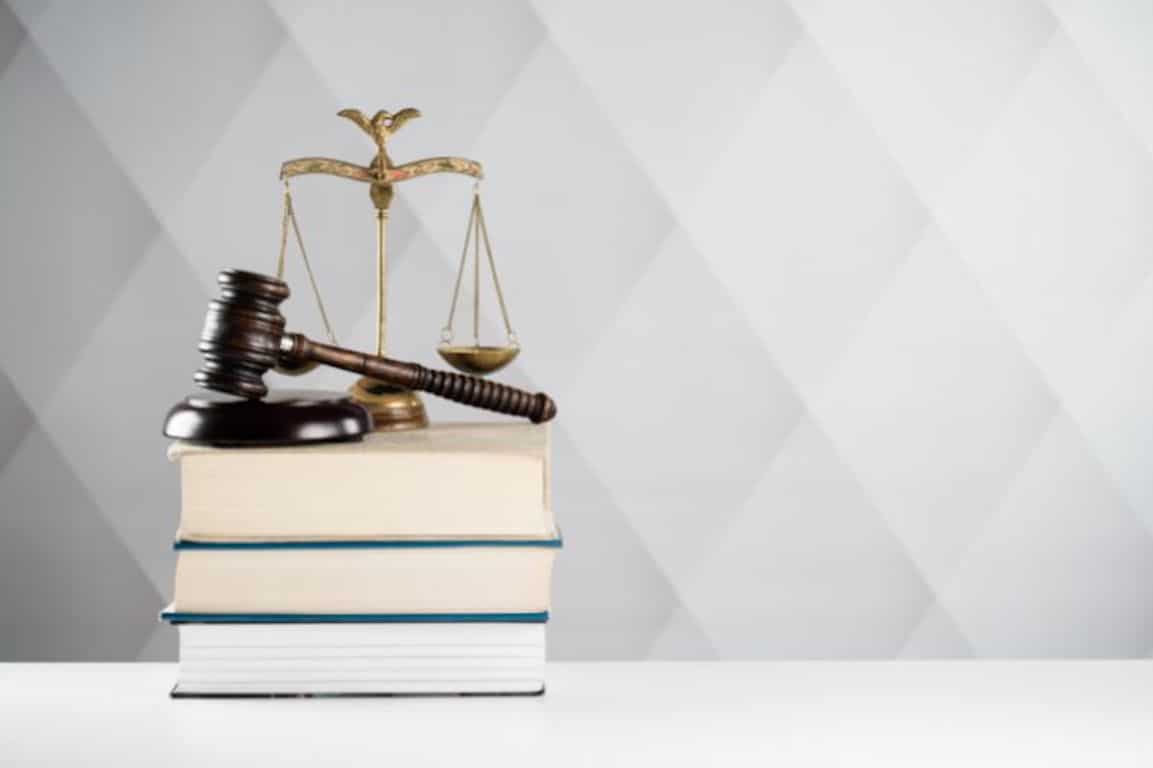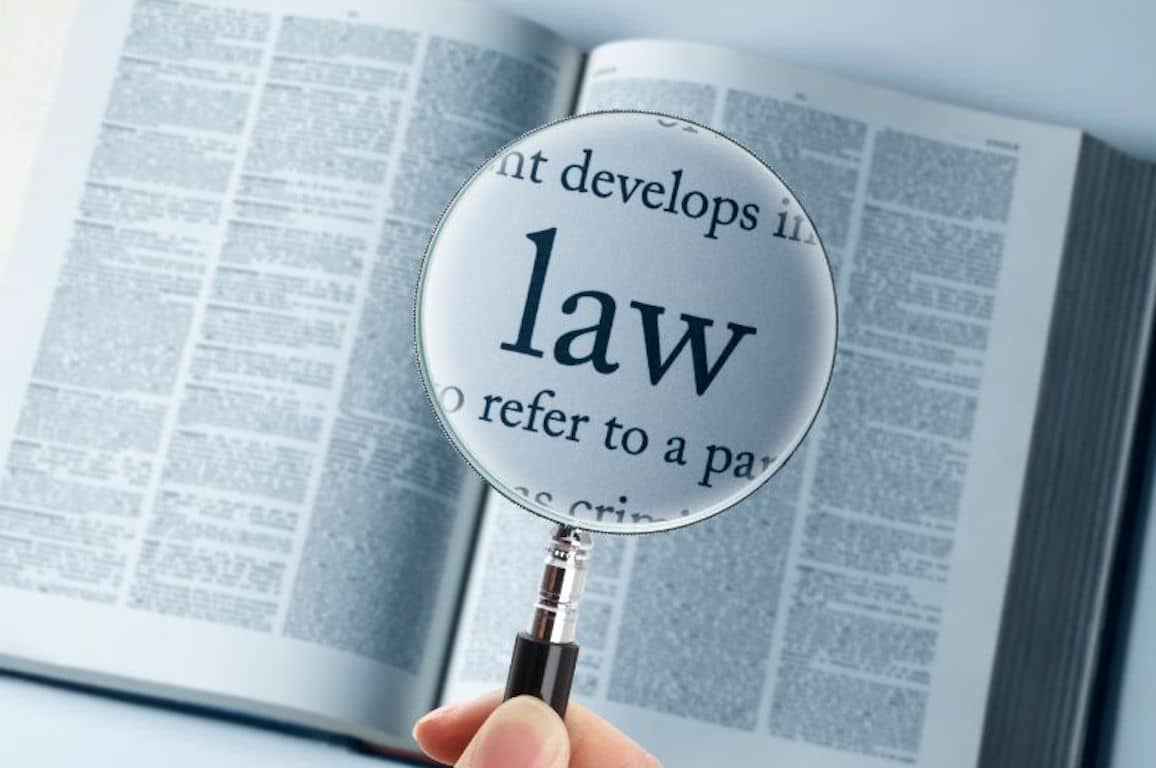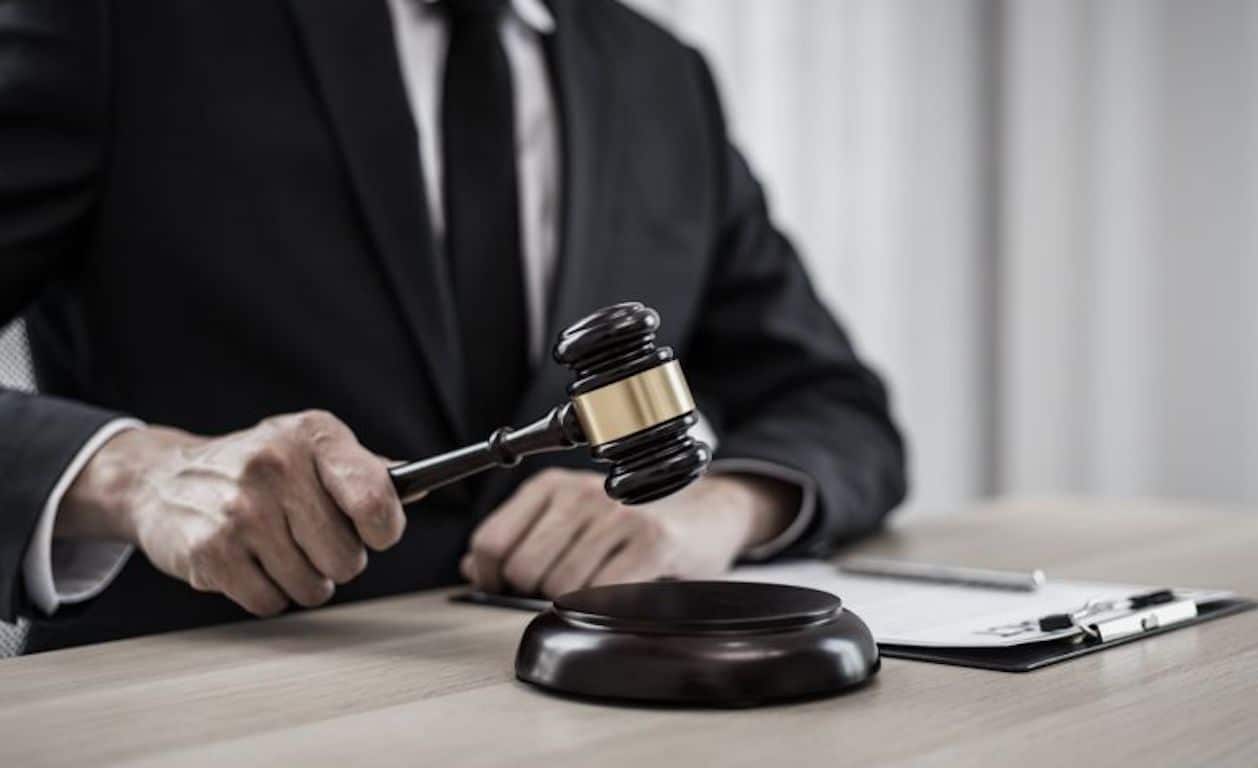If you have been convicted of a crime in Minnesota, you may wonder if you can clear your criminal record. A criminal record can make finding employment, housing, and even a loan difficult. Fortunately, Minnesota law allows for the expungement of certain criminal records, which means they are sealed from public view.
What is Expungement and How Does it Work?
Expungement is the legal process of sealing a criminal record from the public view. This means that the record is no longer accessible to employers, landlords, or other members of the public. In Minnesota, adult and juvenile criminal records can be granted expungement.
What types of criminal records can be expunged in Minnesota?
Minnesota law allows for the expungement of certain criminal records, including:
- Misdemeanor and gross misdemeanor convictions: After a certain time has passed since the completion of the sentence, you may be eligible to have your misdemeanor or gross misdemeanor conviction expunged.
- Juvenile records: If you were convicted of a crime as a juvenile, you might be eligible to have your record expunged when you turn 18 or after a certain time has passed.
- Arrest records: If you were arrested but not convicted of a crime, you might be able to have your arrest record expunged.
- Certain low-level felony convictions: Some low-level felony convictions, such as fifth-degree drug offenses, may be eligible for expungement.
What Are The Eligibility Requirements For Expungement In Minnesota?
To be eligible for expungement in Minnesota, you must meet certain requirements. These requirements vary depending on the record type you are trying to expunge.
For misdemeanor and gross misdemeanor convictions, you must wait a certain time after the completion of your sentence. The waiting period is two years for misdemeanors and four years for gross misdemeanors.
In juvenile records, you must wait until you turn 18 or a certain period of time has passed, whichever is later.
For low-level felony convictions, you may be eligible for expungement if you have completed your sentence and meet certain other requirements.
In addition, you must not have any new criminal convictions since the completion of your sentence and must not be facing any pending criminal charges.
How Do I Apply For Expungement In Minnesota?
To apply for expungement in Minnesota, you must petition the court. The petition must include specific information about your case, including the type of record you seek to expunge, the date of the offense, and the outcome.
You must also provide evidence that you meet the eligibility requirements for expungement. This may include documentation of your sentence completion, evidence of your good conduct since the offense, and other information.
Once your petition is filed, a judge will review it and decide whether to grant or deny the expungement request.
What Happens If My Expungement Request Is Granted?
If your expungement request is granted, your criminal record will be sealed from public view. This means that your record will no longer be accessible to employers, landlords, or other members of the public.
However, it is important to note that expungement does not completely erase your criminal record. Law enforcement agencies, courts, and certain employers may still be able to access your record under certain circumstances.
A criminal record can significantly impact your life, making finding employment, housing, and other opportunities difficult. Fortunately, Minnesota’s expungement laws allow certain individuals to clear their criminal records and move on with their lives.
Considering expungement? Understanding the eligibility requirements and the process for filing a petition with the court is important. You must provide evidence that you meet the eligibility criteria, such as documentation of your sentence completion and evidence of your good conduct since the offense.
If your expungement request is granted, your criminal record will be sealed from public view. This can make finding employment, housing, and other opportunities easier, as employers and landlords will not have access to your criminal history. However, it is important to note that certain employers, law enforcement agencies, and courts may still be able to access your record under certain circumstances.
Overall, expungement can be a valuable tool for those who have made mistakes in the past but are ready to move on and make a positive change in their lives. If you think you may be eligible for expungement, it may be worth speaking with a criminal defense attorney to learn more about the process and your options.
About the Author:
Christopher Keyser is an AV-Preeminent rated criminal and DWI defense attorney based in Minneapolis who is known for fighting aggressively for his clients and utilizing innovative tactics to get the most positive results. He has been featured in numerous media outlets due to the breadth and depth of his knowledge and has been named a Certified Specialist in Criminal Law by the Minnesota Bar Association. Mr. Keyser is Lead Counsel rated, and he has received recognition for his criminal law work from Avvo, Expertise, Super Lawyers, The National Trial Lawyers, and more.








